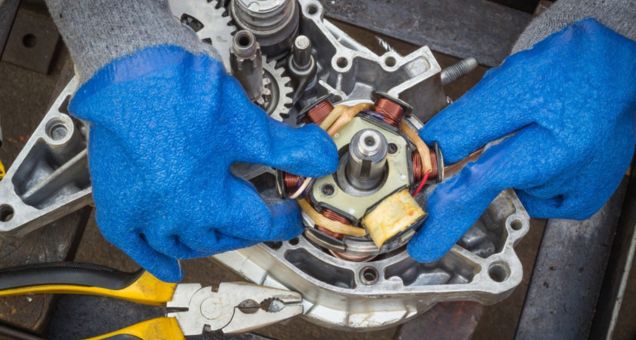
A Sustainable Revolution: Envisioning the Future of Mobility Ecosystem
In today’s rapidly changing world, the need for sustainable transportation has become more urgent than ever before. According to the World Health Organisation, the detrimental effects of pervasive air pollution, responsible for an estimated 7 million premature deaths worldwide each year, have highlighted the necessity for transformative solutions. In response, many emerging countries, including India, are taking proactive measures to address these challenges and establish mass transportation systems that are affordable and environmentally friendly.
One significant innovation with promising potential for the future is using drones for deliveries. Recent changes in regulations have facilitated the adoption of drones on a larger scale for commercial operations. As estimated by PwC, the global market for drone-powered solutions in business services is valued at over $127 billion. Drones can revolutionise logistics by providing faster, more efficient, and environmentally friendly delivery options. While they may not completely replace traditional delivery methods, integrating drones into the transportation ecosystem can bring substantial benefits in terms of speed, cost-effectiveness, and reduced carbon emissions.
Another avenue for transformative change lies in data-driven solutions. McKinsey & Company’s report predicts that by 2030, data from vehicle sensors can create up to $750 billion in new revenue for the auto industry. Real-time data collected from vehicle sensors enables early detection of issues, allowing for timely intervention and improved safety. Furthermore, predictive analytics empower companies to proactively address potential warranty and recall concerns. This valuable data can also assist original equipment manufacturers (OEMs), and dealers optimise their operations, such as parts inventory management and technician resourcing strategies, enhancing efficiency and customer satisfaction.
The global perspective on sustainable transportation emphasises the need for a holistic approach. While EVs, drones, and data-driven solutions offer tremendous potential, it is essential to consider multiple modes of transportation and fuel sources. BNEF’s Electric Vehicle Outlook 2021 projects that EVs will account for 33% of India’s fleet by 2040, indicating the growing recognition of EVs as a viable solution to combat air pollution and reduce greenhouse gas emissions. Embracing innovative technologies and adopting sustainable practices comprehensively ensures a transportation system that addresses the diverse challenges countries worldwide face.





